Water crisis and drought threaten more than 12 million in Syria and Iraq
Reports 12:32 PM - 2021-08-23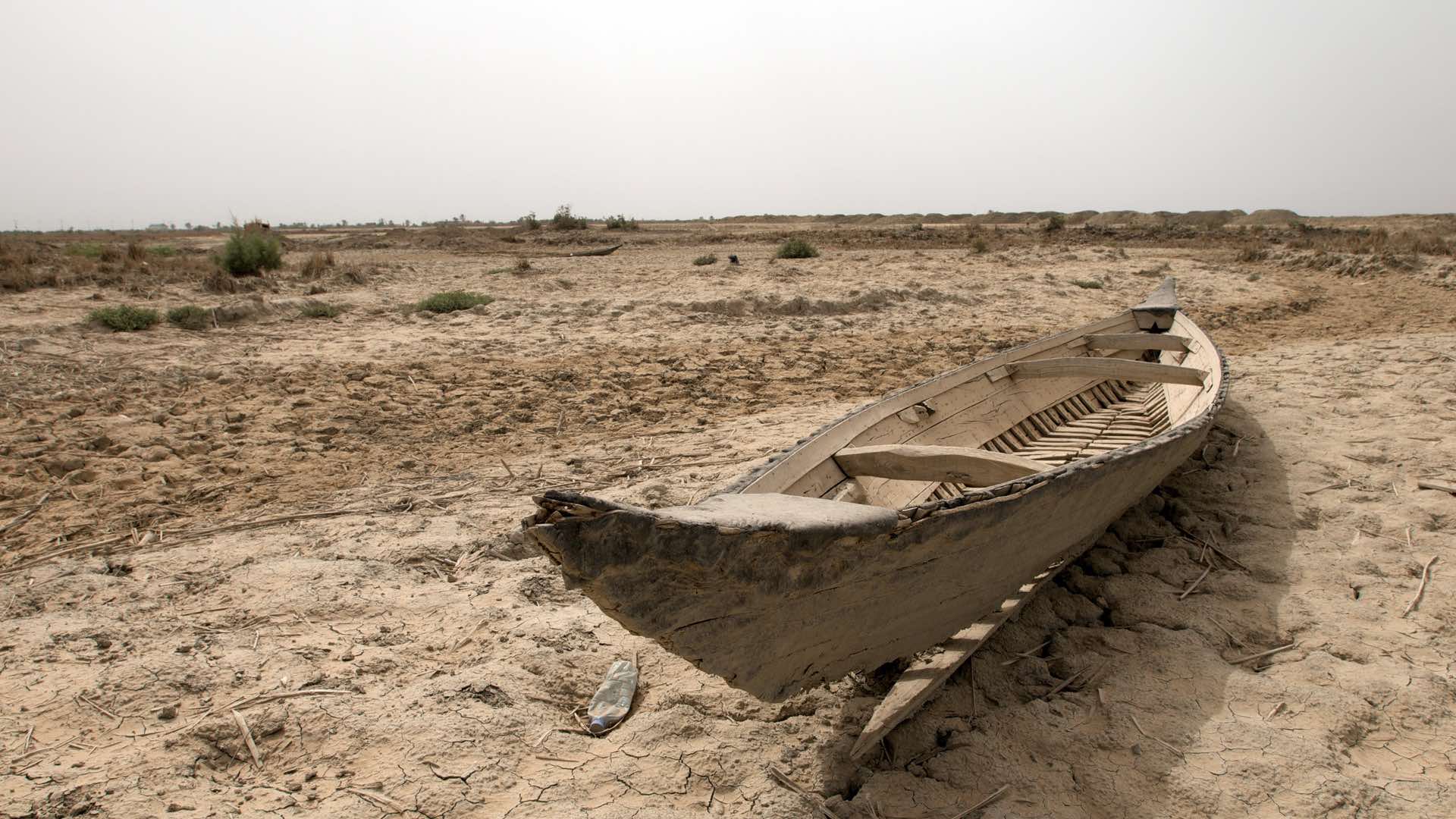
Besides terrorism and ongoing political and social conflicts, Iraq and Syria are going through a tough year of drought due to climate change and low levels of rainfall.
According to the United Nations' report, more than five million people in Syria directly depend on the river, and In Iraq, the loss of access to water from the river, and drought, threaten at least seven million people.
Low levels of rainfall and rising temperatures have affected agriculture and power production in Iraq and Syria as it caused imminent closure of dams and desertion of agricultural lands.
"Some 400 square kilometres of agricultural land risk total drought as two dams in northern Syria, serving three million people with electricity, face imminent closure," the UN report said.
UN also claims that communities in Hasakah, Aleppo, Raqqa and Deir ez Zour, including displaced people in camps, have witnessed a rise in outbreaks of water borne-diseases such as diarrhoea, since the reduction in water.
Power production and farmlands in Iraq and Kurdistan Region are also highly affected by the draught. According to the UN report, in the Ninewa governorate, wheat production is expected to go down by 70 per cent because of the drought, while in the Kurdistan Region of Iraq production is expected to decrease by half.
“The total collapse of water and food production for millions of Syrians and Iraqis is imminent,” said Carsten Hansen, Regional Director for the Norwegian Refugee Council. “With hundreds of thousands of Iraqis still displaced and many more still fleeing for their lives in Syria, the unfolding water crisis will soon become an unprecedented catastrophe pushing more into displacement.”
CARE’s Regional Director in the Middle East and North Africa, Nirvana Shawky, said: “The situation demands that authorities in the region and donor governments act swiftly to save lives in this latest crisis, that comes on top of conflict, COVID-19 and severe economic decline. In the longer term, beyond emergency food and water, they need to invest in sustainable solutions to the water crisis.”
The Danish Refugee Council’s Middle East Regional Director Gerry Garvey said: “This water crisis is bound to get worse. It is likely to increase conflict in an already destabilized region. There is no time to waste. We must find sustainable solutions that would guarantee water and food today and for future generations.”
Farmers struggle to keep their farms afloat, and they have spent their savings and gone into debt to keep their job.
“Because of the drought I was unable to harvest any wheat,” said Hamid Ali from Baaj, one of the worst affected districts in Ninewa, Iraq. “Now I am overwhelmed with debt.”
“This year we have witnessed a wave of intense drought and as a result our lands did not produce any crops and we don’t have any sources of drinkable water either for us or for our animals,” said Abdallah, a tribal leader from Al Sebat. “It is infuriating to think that the current conditions will force us to leave the rural areas and that our lands will be left as ruins.”
PUKmedia
More news
-
DPM Talabani: I Appreciate Spanish Ambassador’s Efforts in Improving Relations Between Both Countries
06:32 PM - 2024-05-08 -
Two Emirs, 6 Terrorists Arrested by Kurdish Security Forces
09:40 PM - 2024-05-06 -
DPM Talabani: Kurdistan Has a Skilled Workforce
07:00 PM - 2024-05-06 -
PUK President Arrives in Washington
06:46 PM - 2024-05-06
see more
PUK President: We Emphasize the Necessity of Holding Timely Elections
03:29 PM - 2024-05-08
The PUK Appeals the Council of Commissioners' Decision
02:26 PM - 2024-05-08
PUK President: Our Goal is to Ensure that Resources are Used to Help Develop the Country
10:47 PM - 2024-05-07
PUK President: Coordination is Important to Maintain Peace in Surrounding Area
09:29 PM - 2024-05-07
Most read
-
PUK President: We Emphasize the Necessity of Holding Timely Elections
P.U.K 03:29 PM - 2024-05-08 -
DPM Talabani: I Appreciate Spanish Ambassador’s Efforts in Improving Relations Between Both Countries
Kurdistan 06:32 PM - 2024-05-08 -
The PUK Appeals the Council of Commissioners' Decision
P.U.K 02:26 PM - 2024-05-08 -
PUK President: PUK is Committed to Resolving Issues
P.U.K 06:48 PM - 2024-05-08

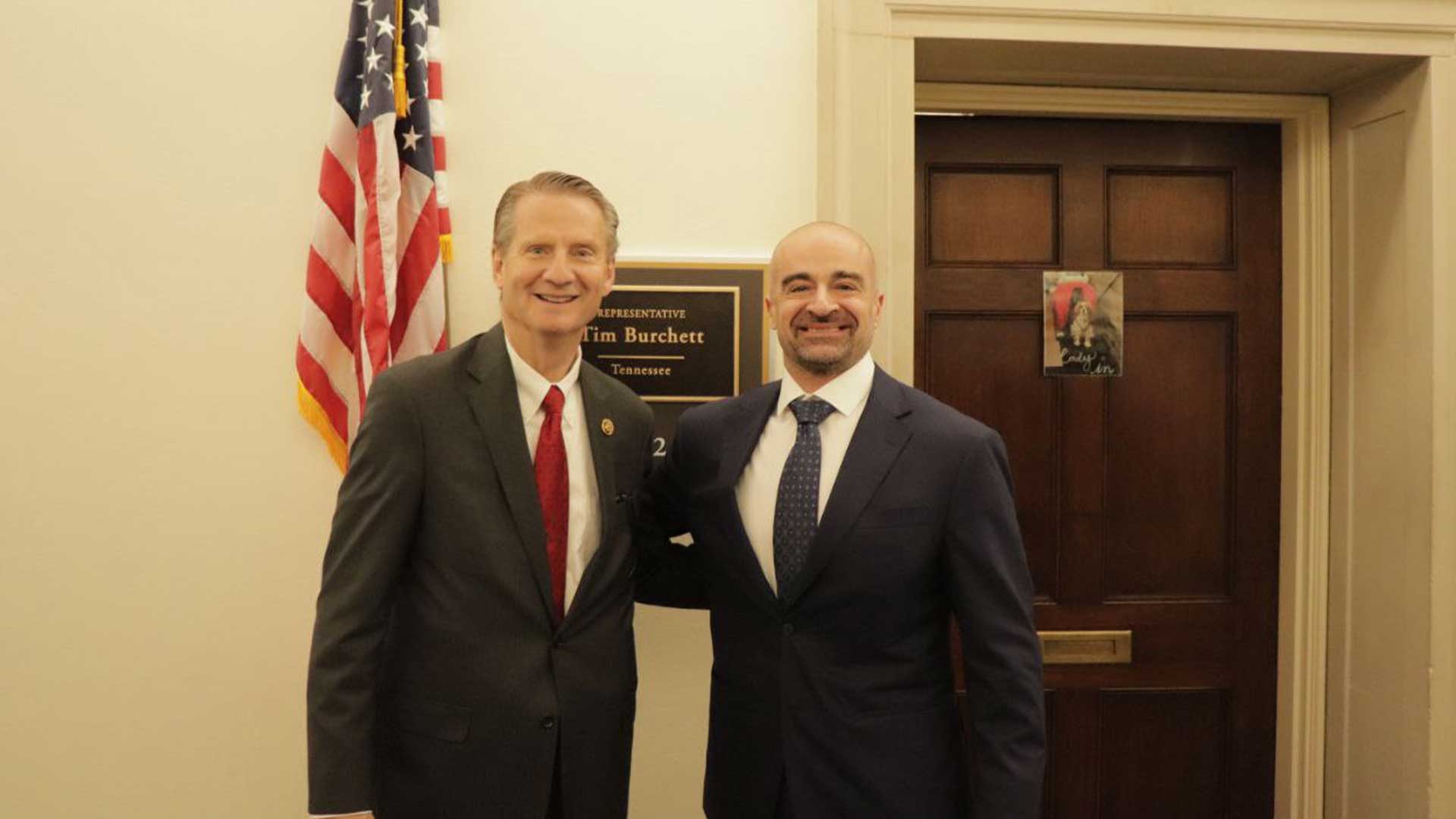
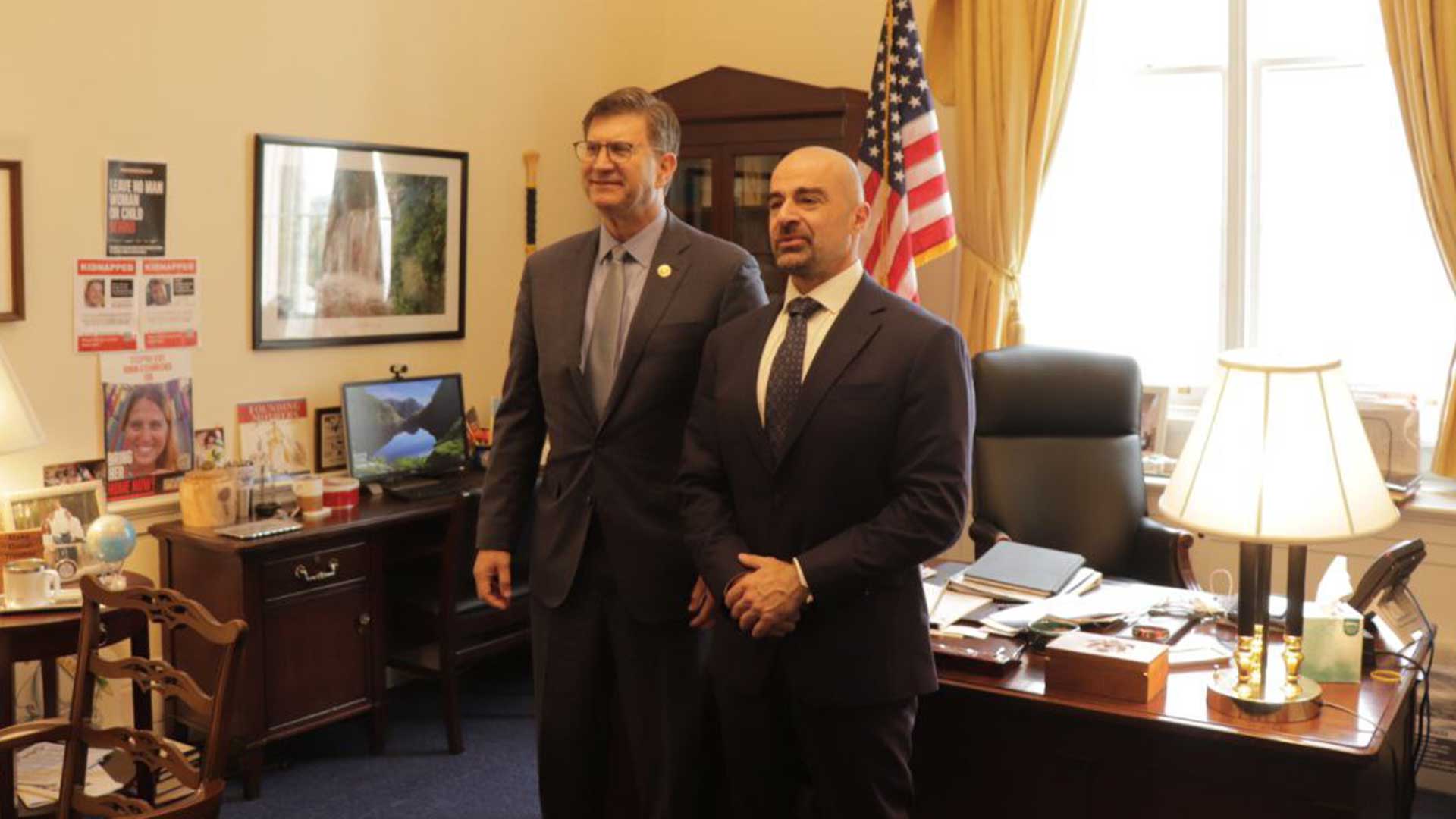
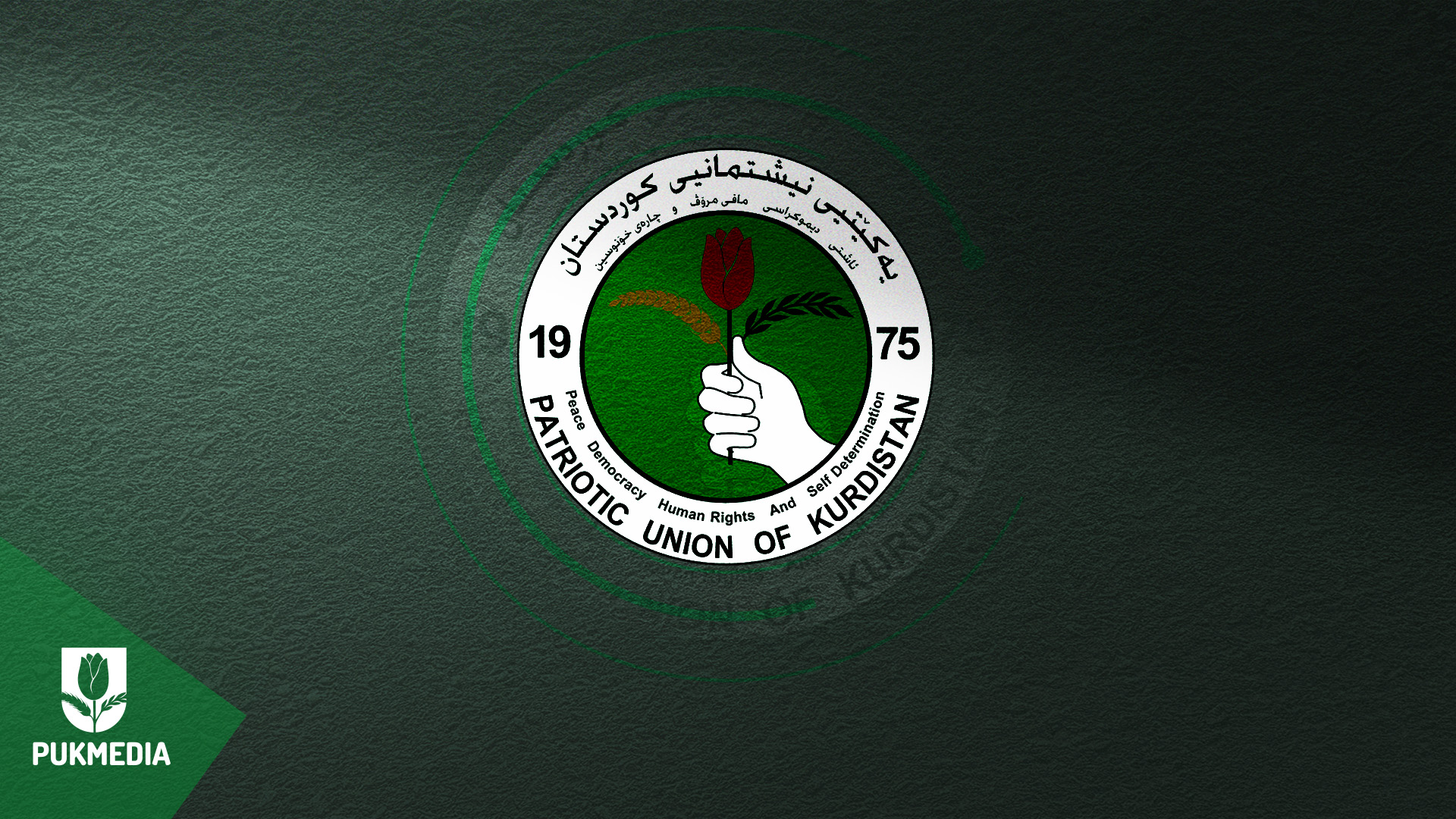
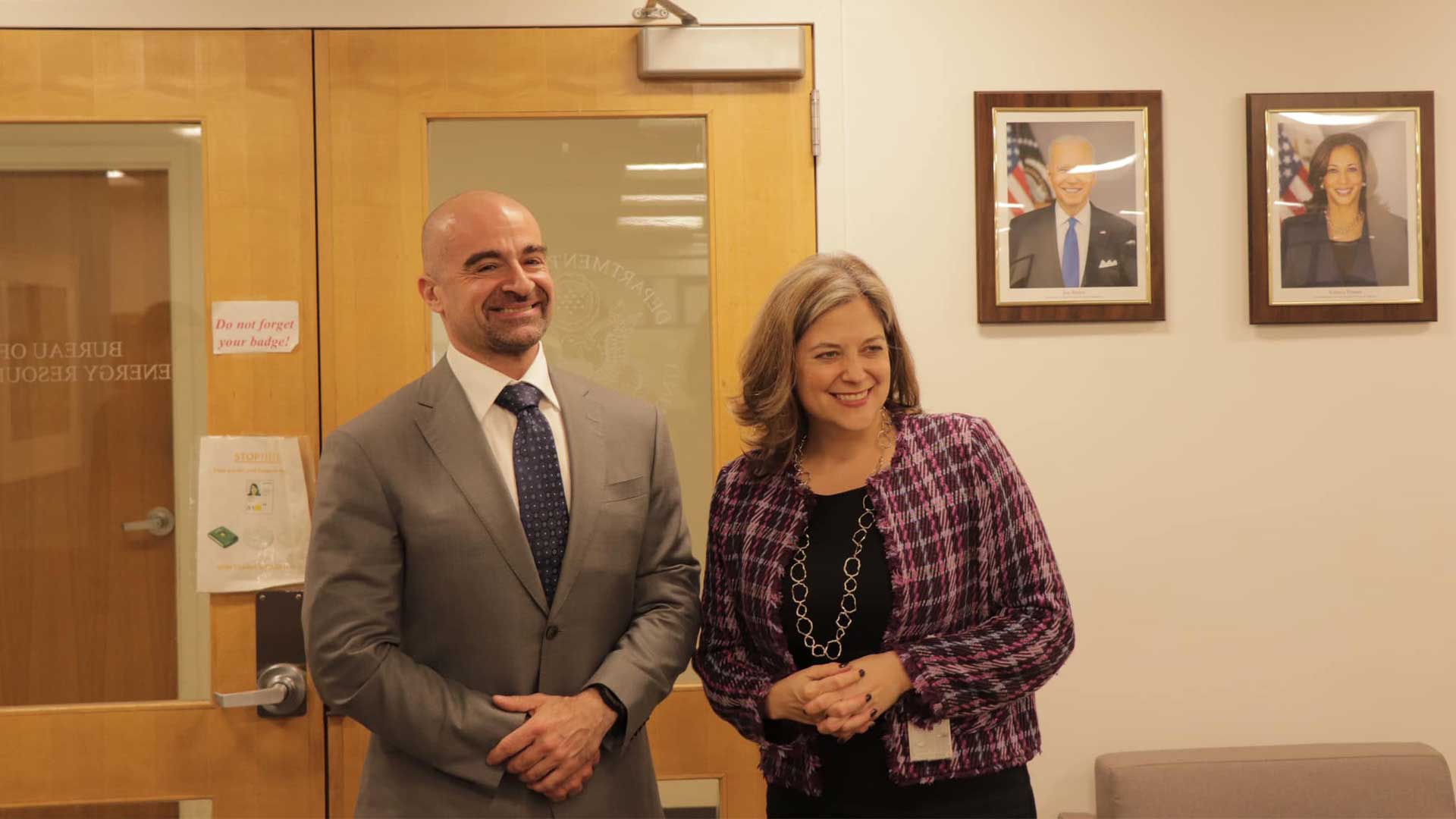
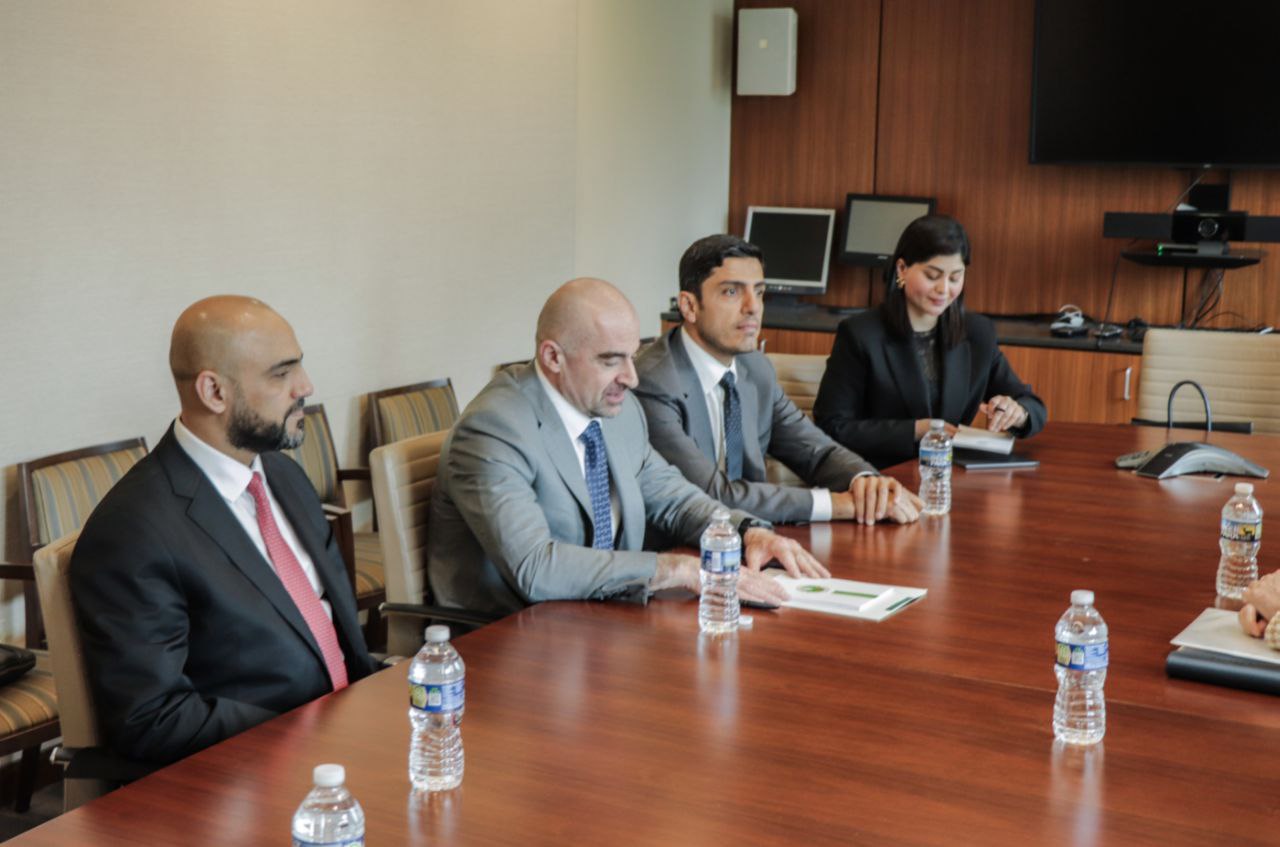
 Application
Application


